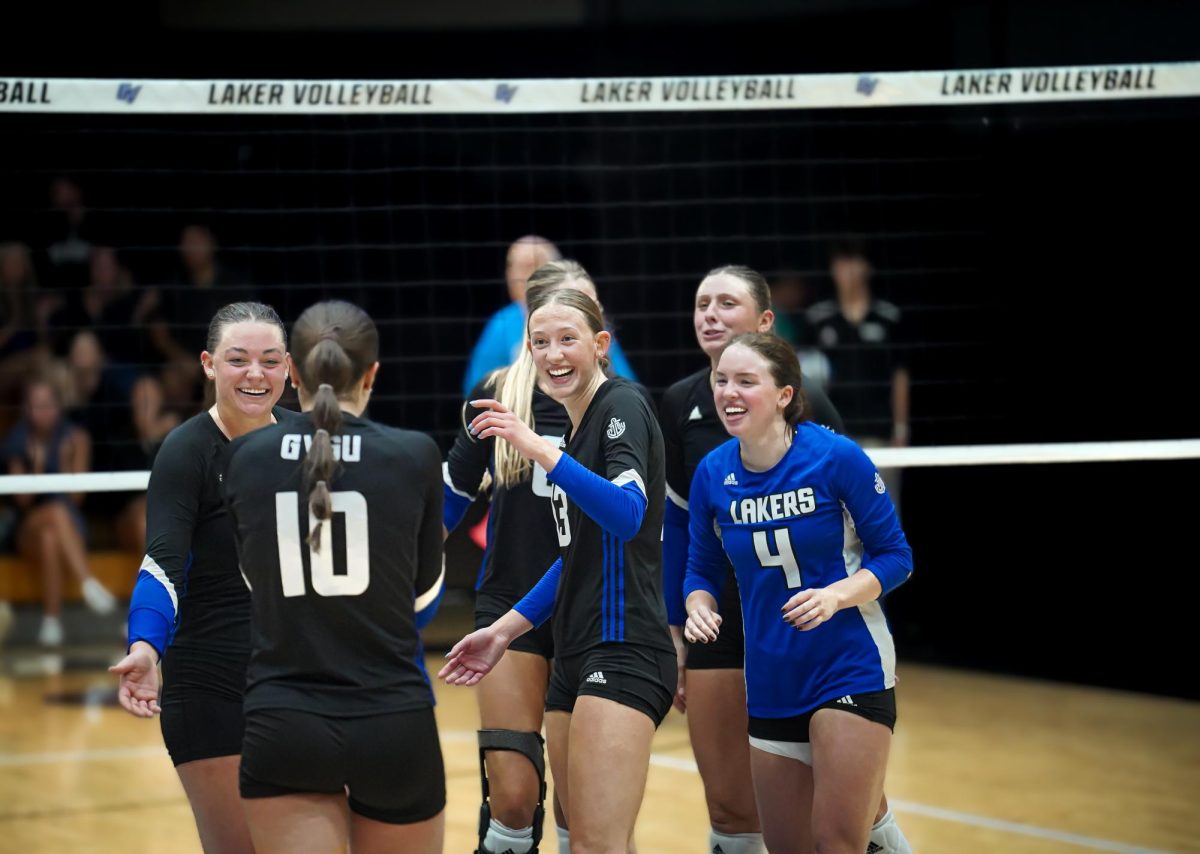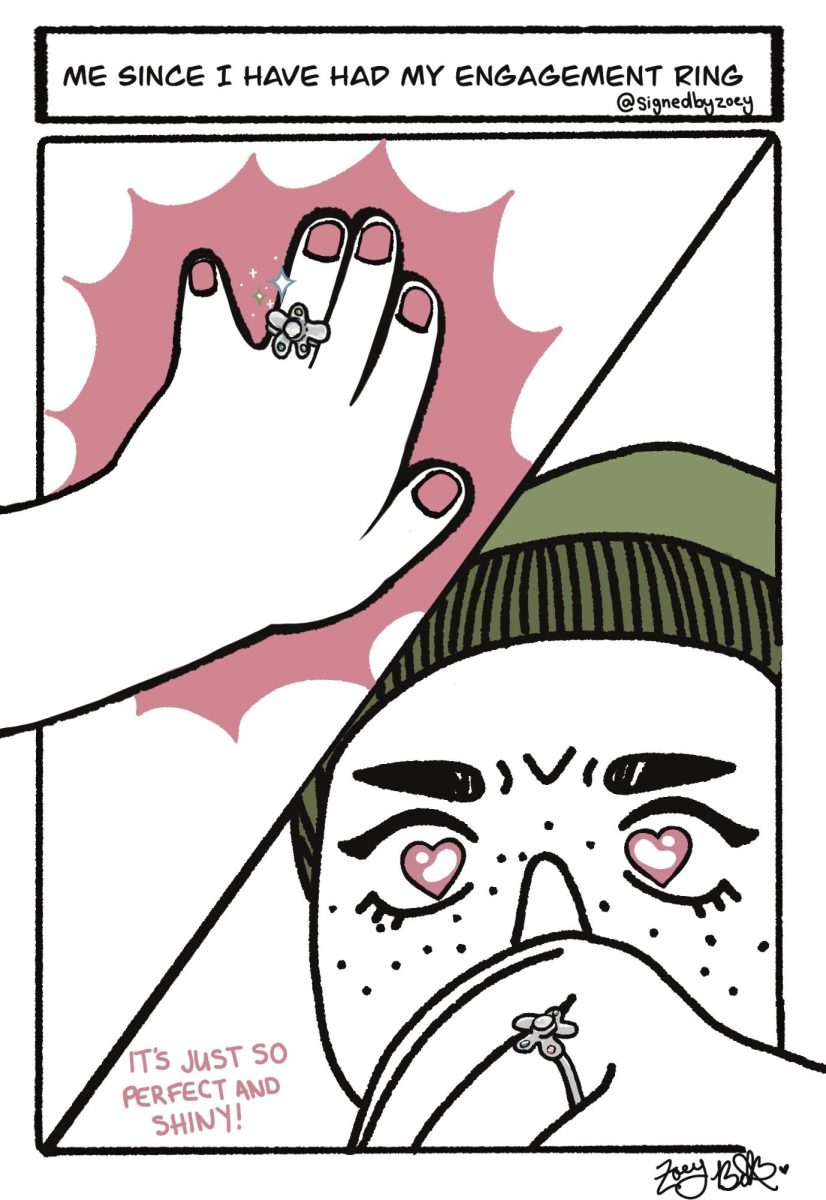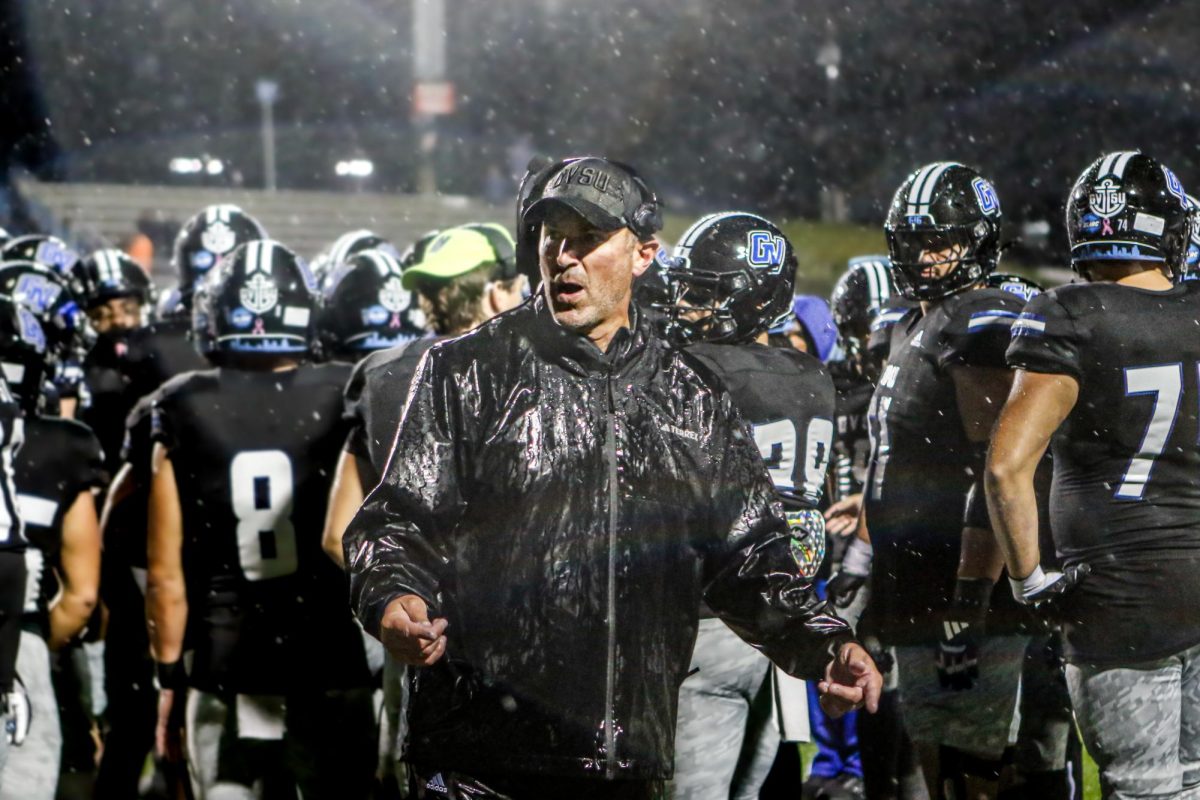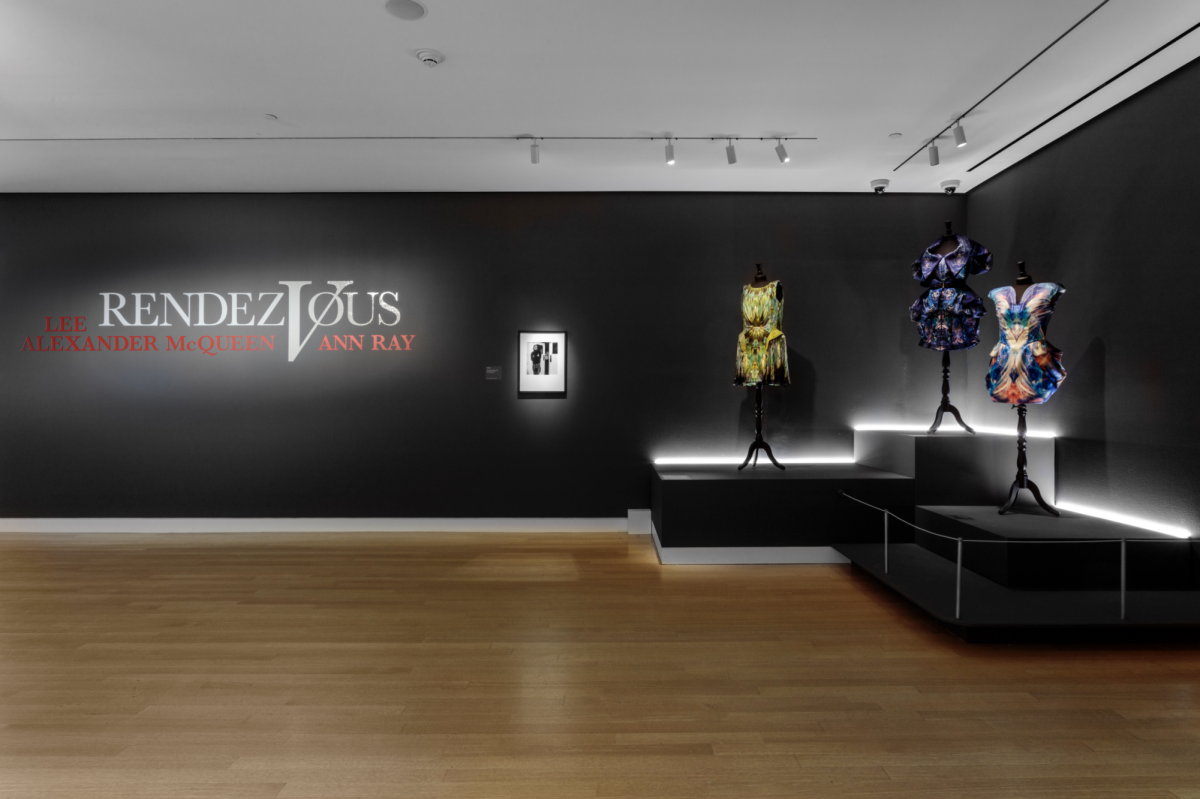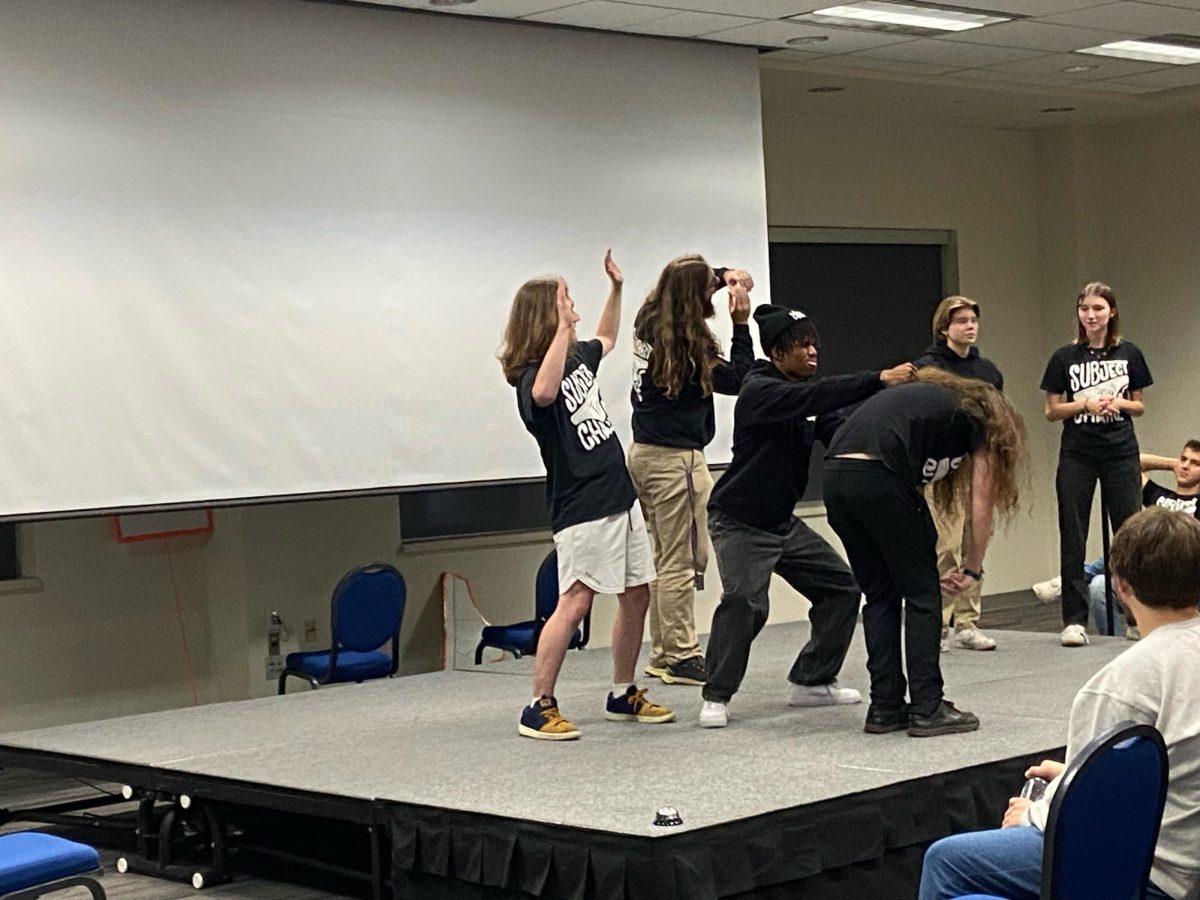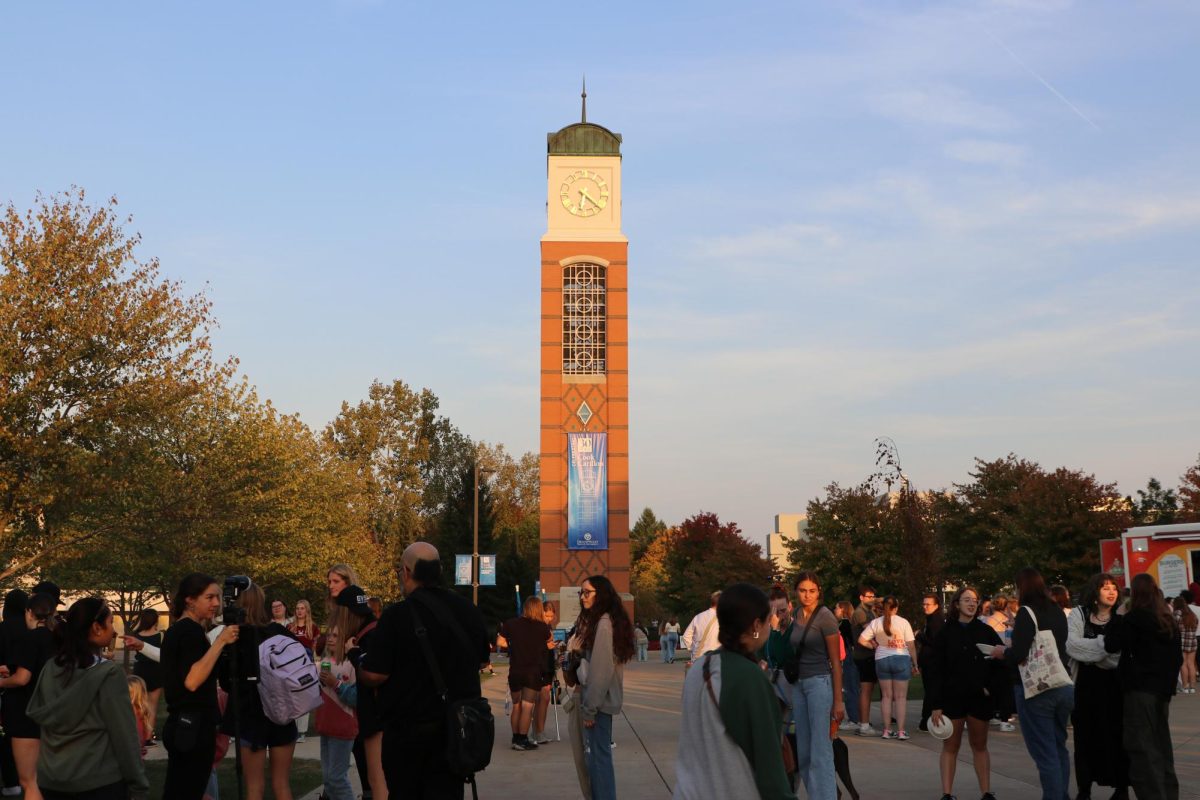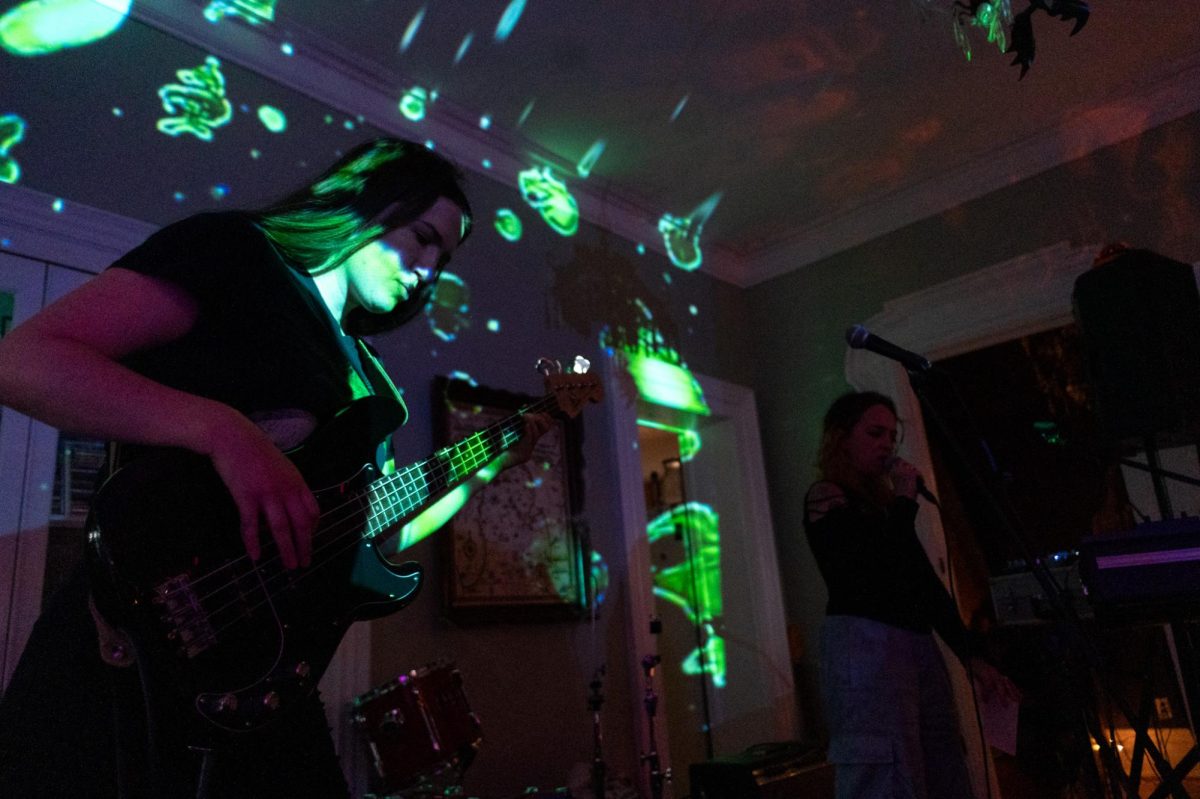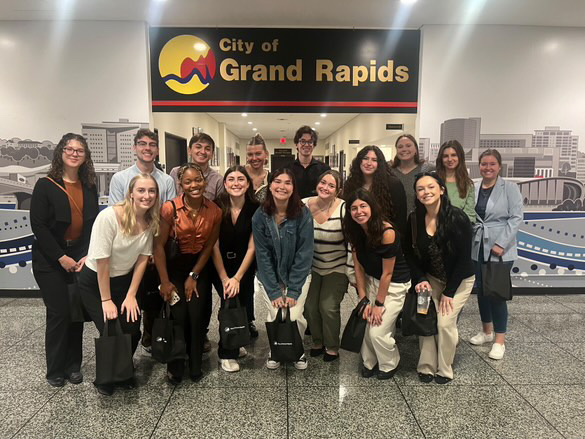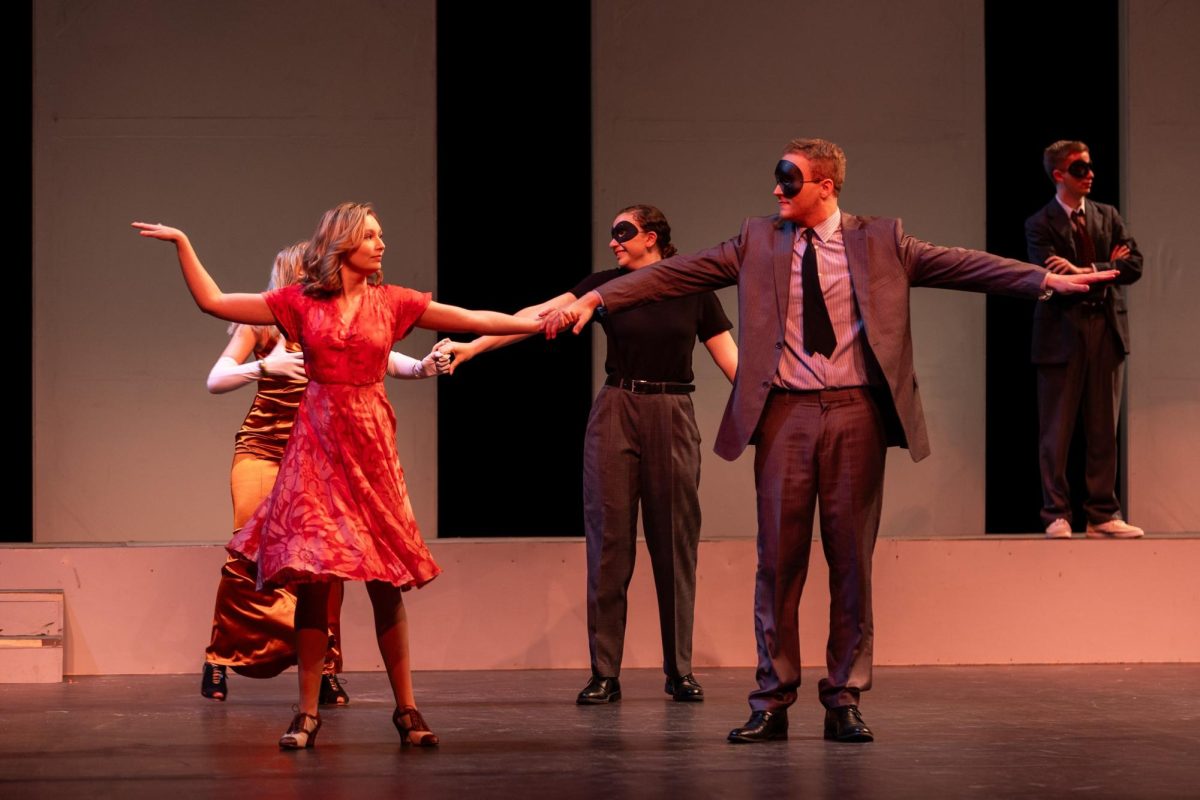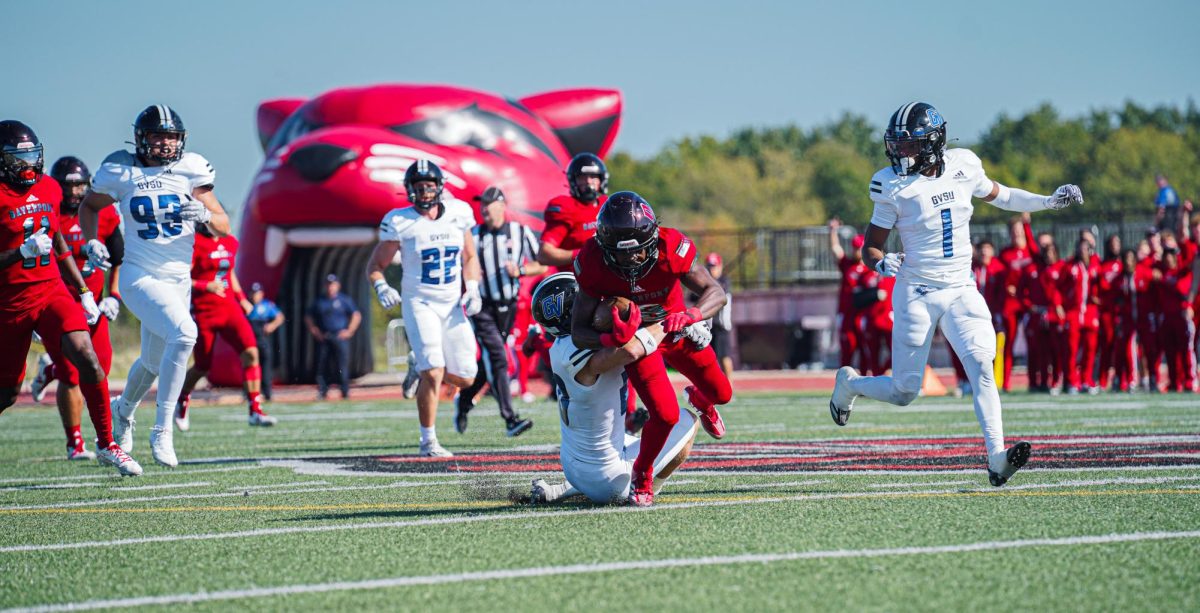University Libraries shows support for open access textbooks
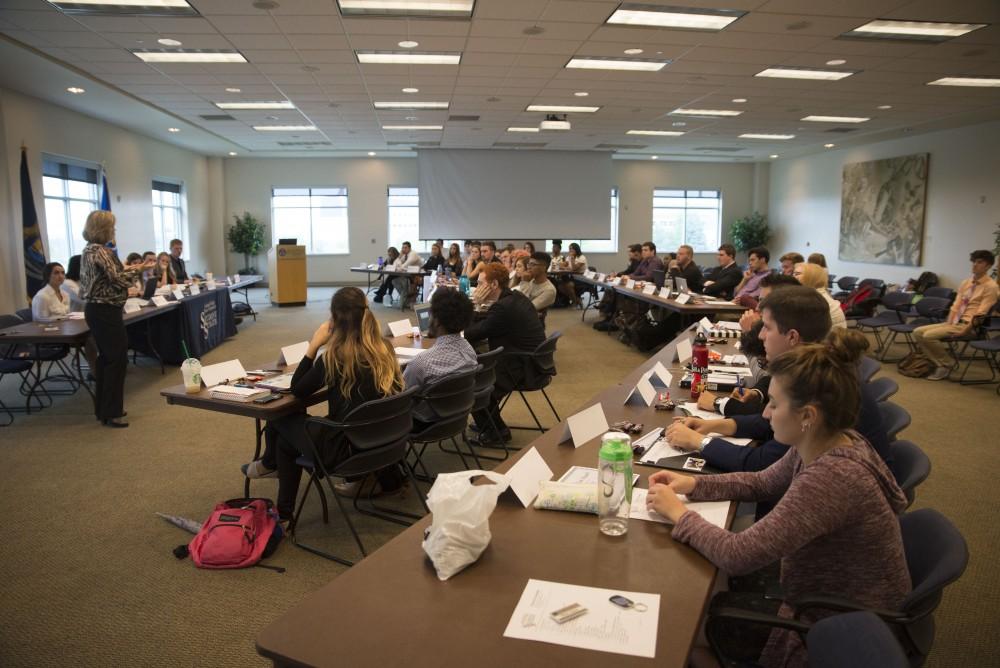
GVL / Luke Holmes – Student Senate met in the Pere Marquette room on Thursday, Oct. 6, 2016.
Oct 17, 2016
How many students have though about not buying a textbook for a class, even though it was required, because of the cost? How many students decided to not buy the textbook, even though they were fairly sure it would impact their grade in the class?
These are the questions Matt Ruen asked Grand Valley State University’s student senators Thursday, Oct. 13. As the scholarly communications outreach coordinator at University Libraries, Ruen came to speak about international open access week.
“A 2014 survey of American undergraduates said that about 65 percent had, at some point in the previous year, chosen not to buy a textbook,” he said. “Even though almost all of those who had chosen not to buy a textbook were concerned it was going to impact their grades.”
Open access is when materials are online, free of charge, for anyone to view or download them. Ruen said open access benefits everyone, especially with the rising prices of books and school.
Open access week at GVSU is to promote the benefits of having open educational materials for students, faculty and staff and the university community as a whole.
“If we choose to create work that is open, that is free to access online with few or no limits on how it can be used and re-used, we can come closer to fulfilling the potential of the internet,” he said. “By removing financial barriers, we can give more people more access to more information so that they in turn can go on and build and discover and create more amazing things.”
Ruen said open access is to combat the rising cost of textbooks throughout the past decade.
“Textbook costs have been skyrocketing, increasing significantly higher than inflation during the course of all of our lives,” he said. “Textbook costs have increased 73 percent just in the last 10 years. (That’s) around 150 percent in the period of time most of you have been alive.”
Although Ruen said GVSU’s libraries spends over $3 million providing resources like books, e-books or electronic journals, the university, like all other universities, does not have the money to have access to everything.
Stephen Cooper, a GVSU student senator, asked about the books no student ever wants to buy: those with an online access code that have to be bought new.
“What are your thoughts on (a publisher) who has seen that this is happening and reacted by having mandatory online participation, so you cant just buy a used textbook you have to buy an access code that can’t be negotiated,” Cooper said.
Ruen expressed his sincere dislike for books requiring students to buy an online access code on a personal and a professional level, saying it has an problematic effect on education.
He emphasized how not only does GVSU promote using open access materials, but University Libraries has journals from students and faculty that help save students money. Ruen said there are four peer-reviewed faculty journals and five different student journals, many of which are also peer-reviewed.
Additionally, University Libraries has helped faculty publish 10 open access textbooks that include subjects like writing, anthropology and calculus.
“In the last couple of years, those 10 textbooks have probably saved Lakers somewhere in the neighborhood of $100,000,” Ruen said.
Individual faculty members are not the only ones using open access to help their students. The entire chemistry department decided to switch to an open textbook on a forum known as ‘Open Stax,’ which Ruen described as having “professional quality, peer-reviewed textbooks” that are identical to the print versions.
“In one year, that decision by the chemistry department is going to save Lakers around $150,000 based on last year’s enrollment estimates and Open Stax estimate,” he said.
To help encourage the idea of open access and to promote it, Ruen asked the student senators to recognize faculty members who use library resources instead of textbooks. He said having that recognition with help them continue to do it and will raise awareness around the campus.



